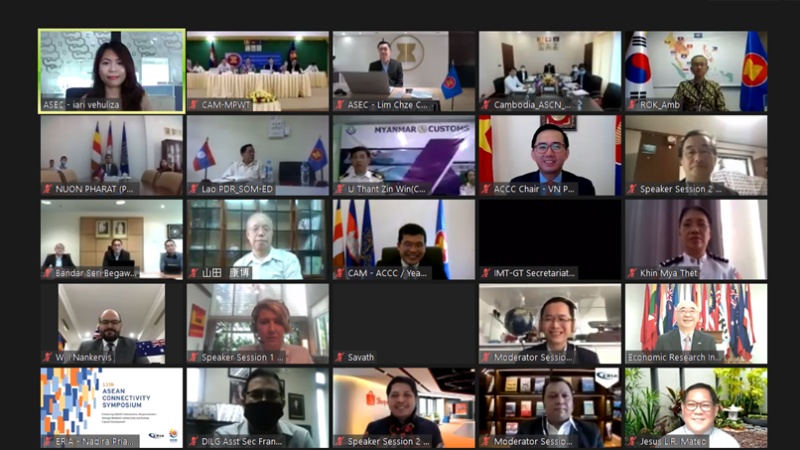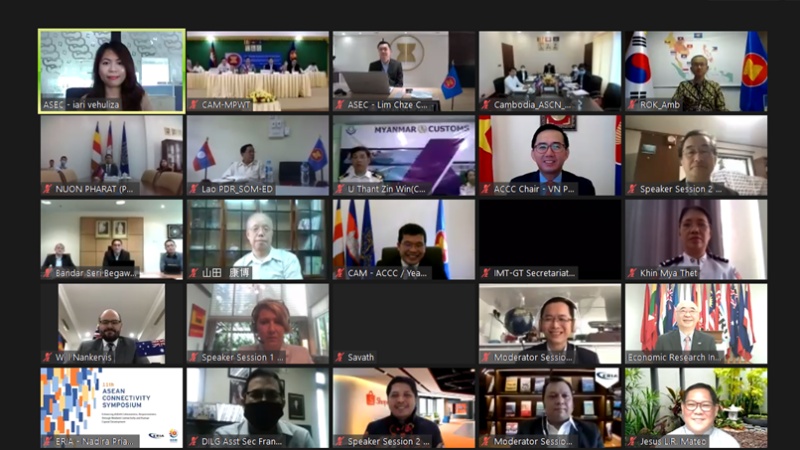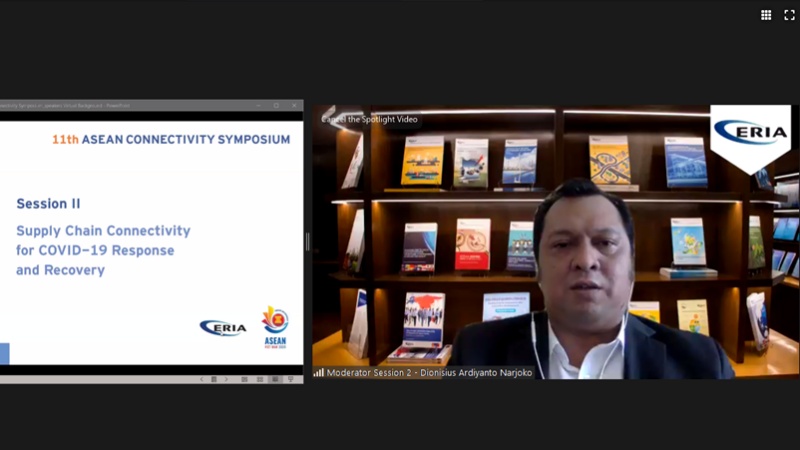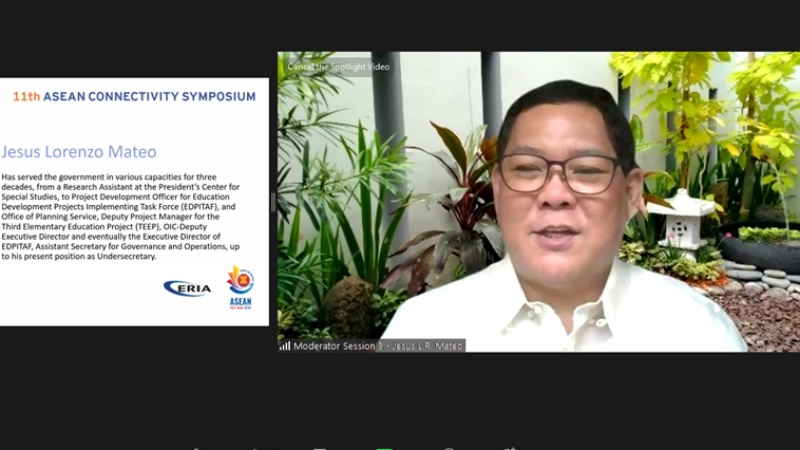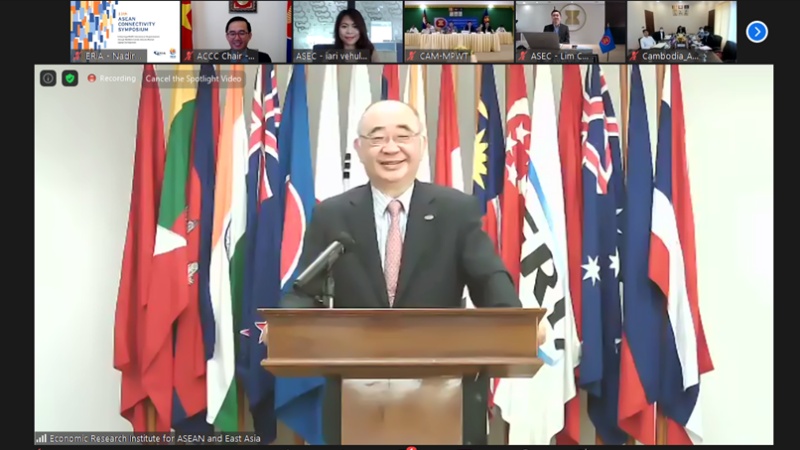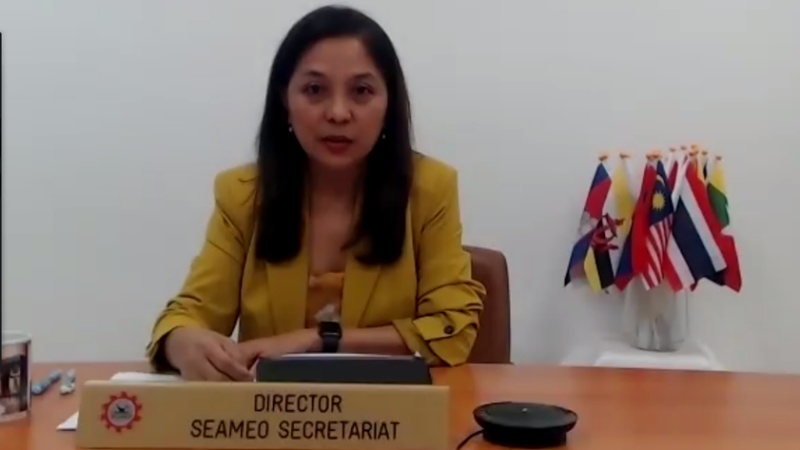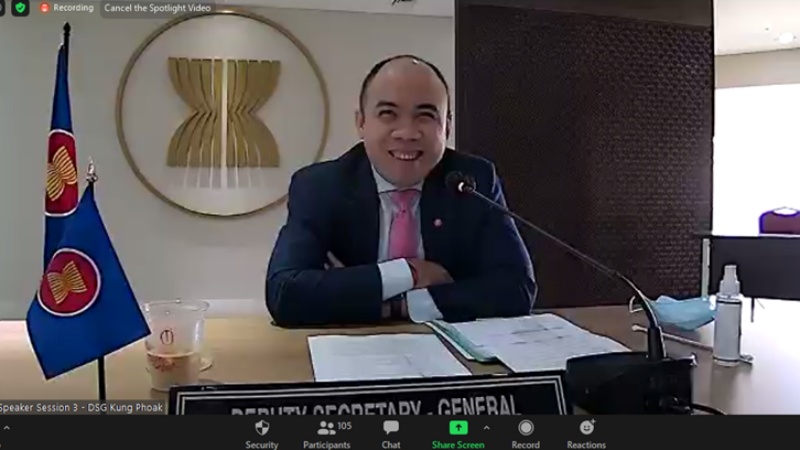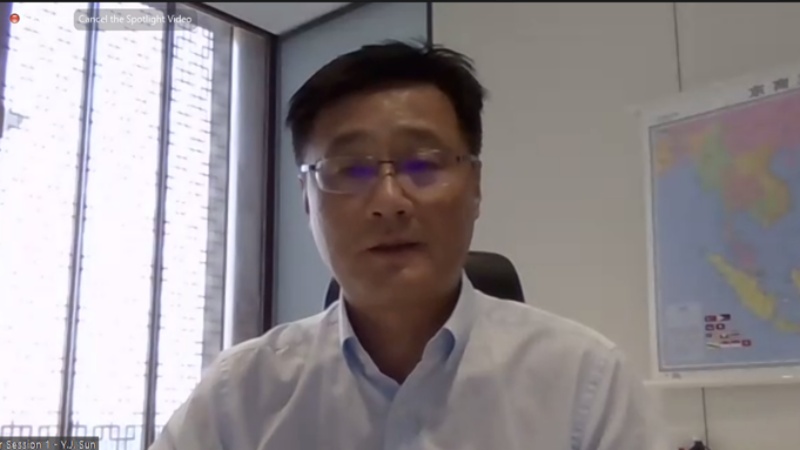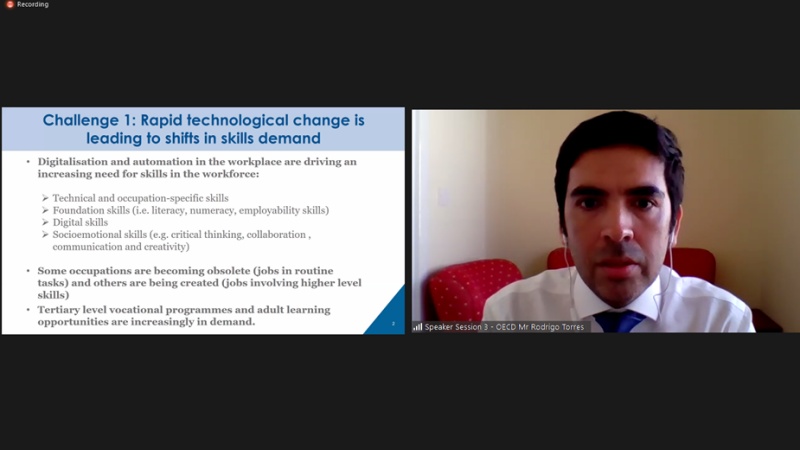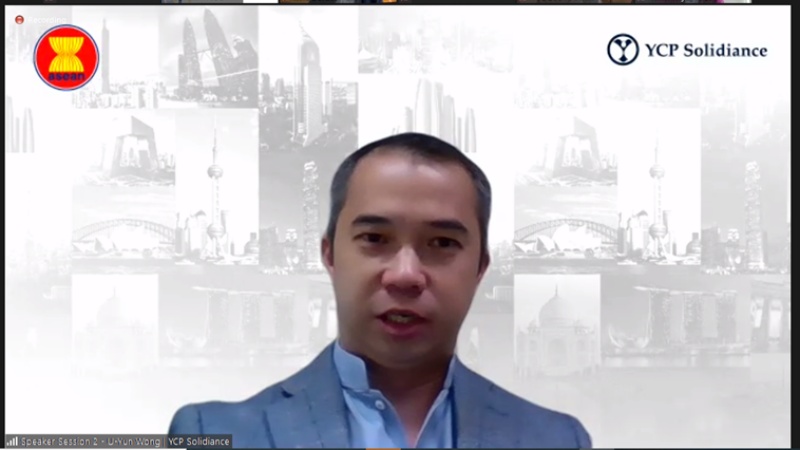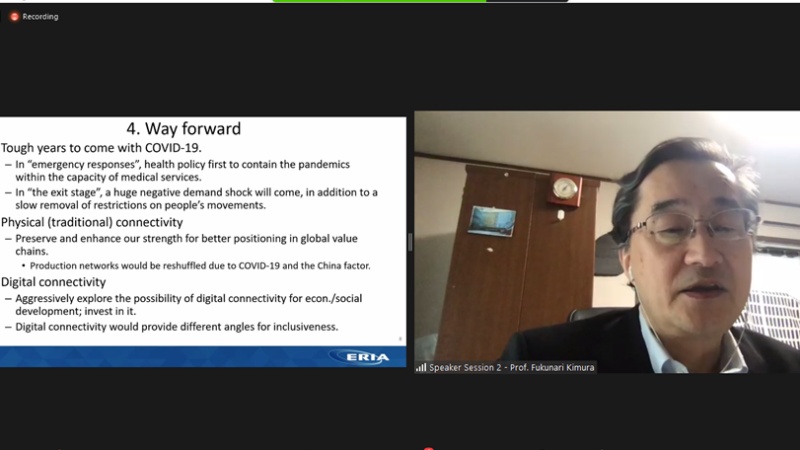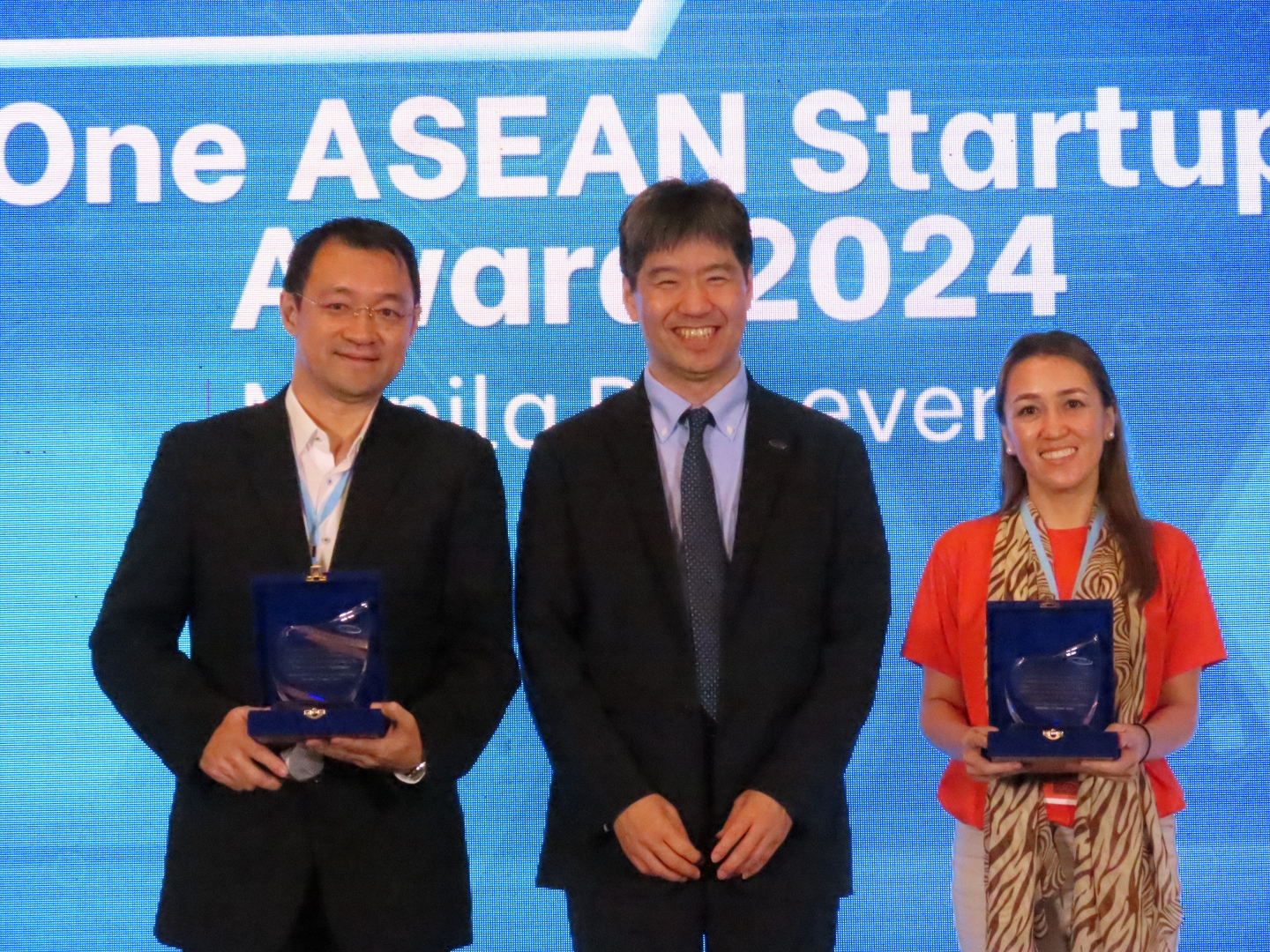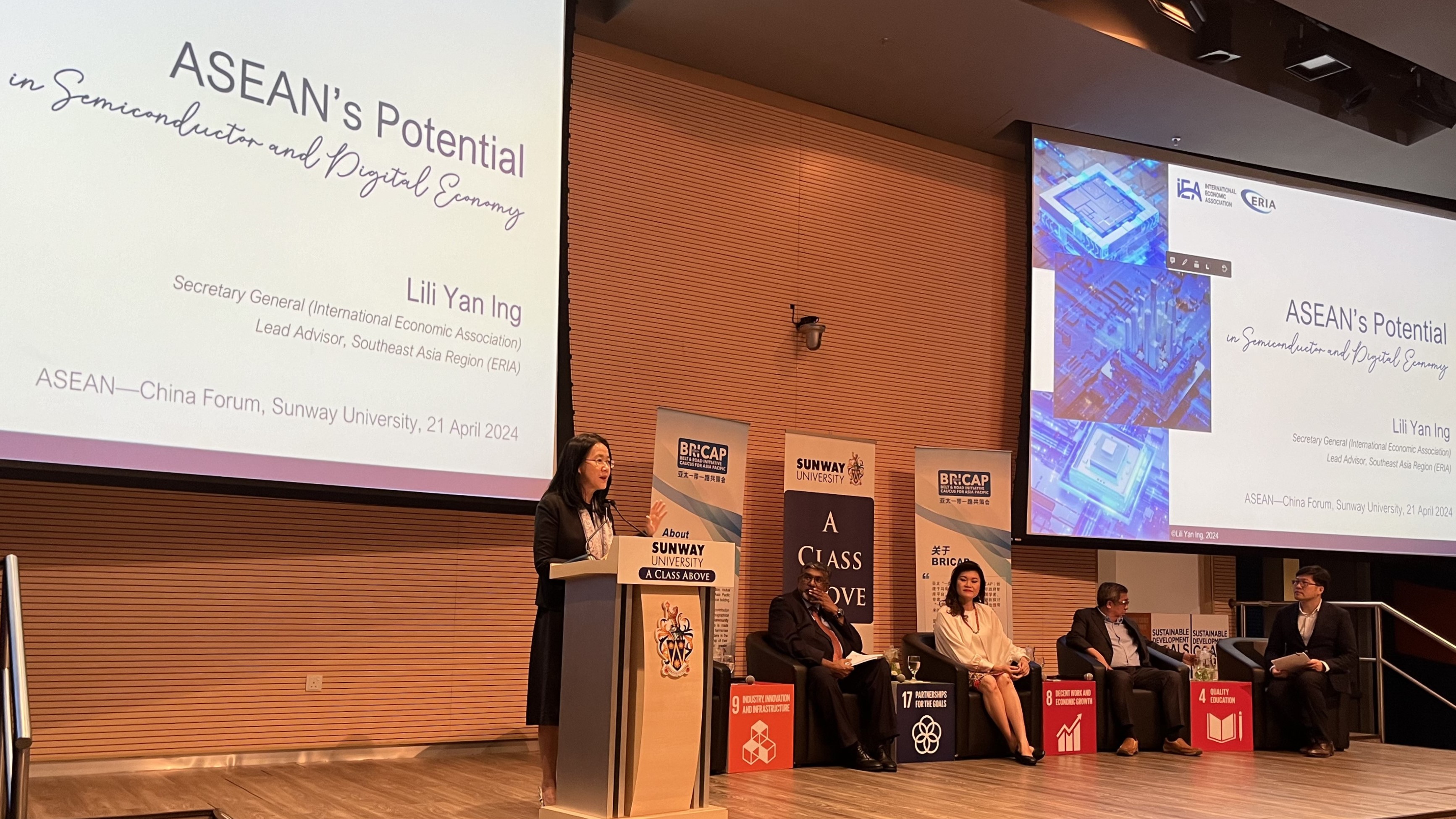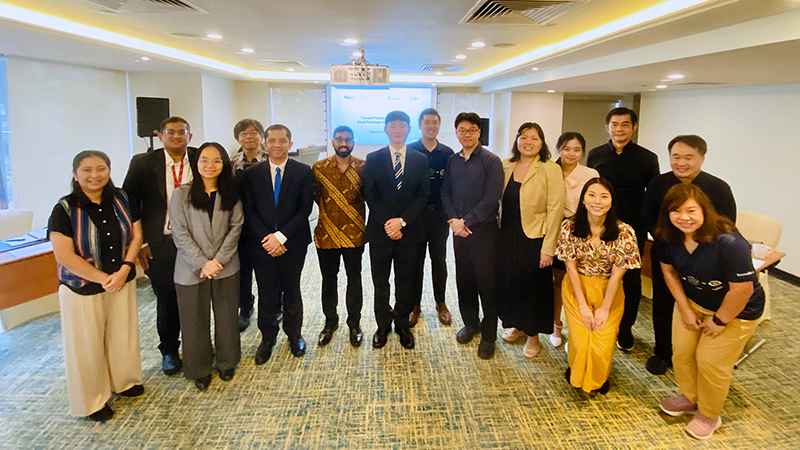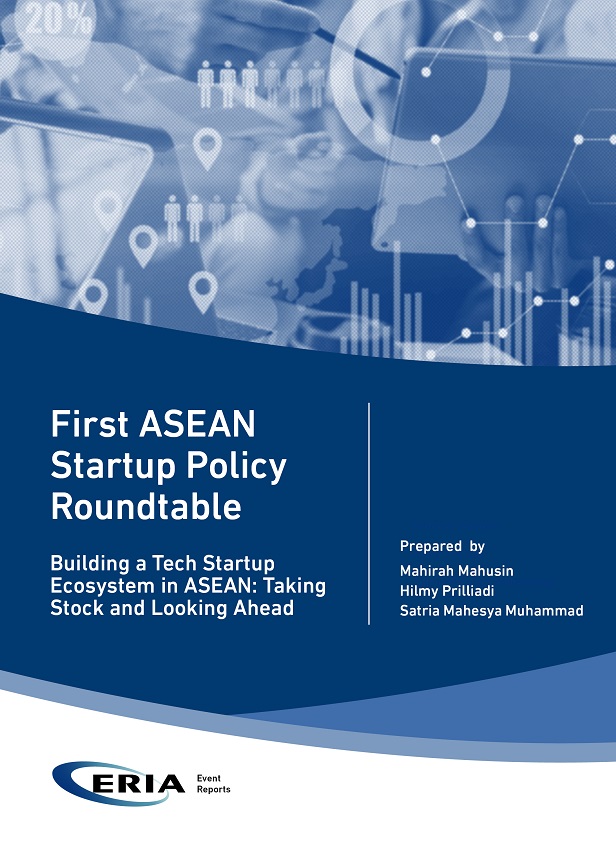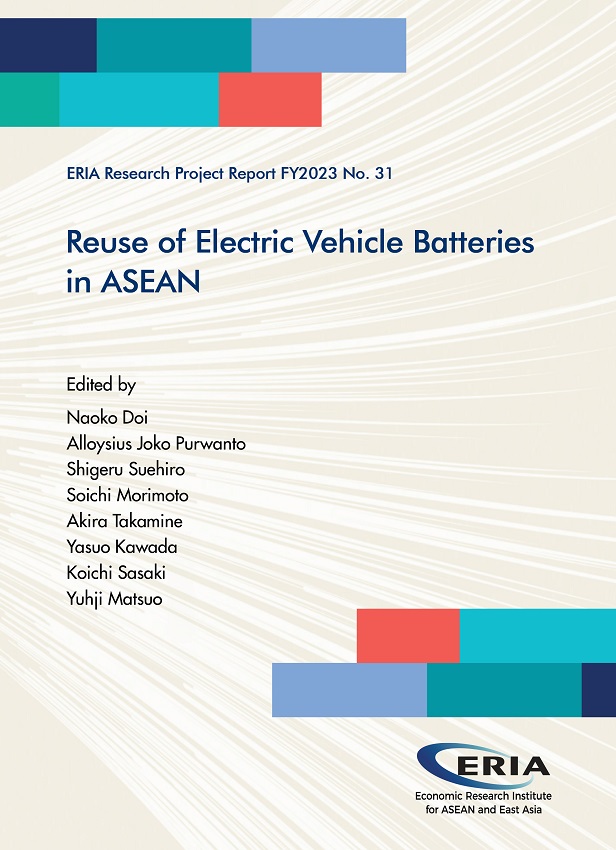ERIA Supports the 11th ASEAN Connectivity Symposium
Date:
31 August 2020Category:
NewsTopics:
ConnectivityShare Article:
Print Article:
Jakarta, 28 August 2020: The Economic Research Institute for ASEAN and East Asia (ERIA), the Ministry of Foreign Affairs of Viet Nam, and the ASEAN Secretariat jointly organized the virtual 11th ASEAN Connectivity Symposium with the theme ‘Enhancing ASEAN Cohesiveness, Responsiveness through Resilient Connectivity and Human Capital Development’ on 28 August 2020.
In his opening remarks, Ambassador Tran Duc Binh, Chair of ACCC, emphasized the importance of the symposium as a forum to discuss how ASEAN Member States (AMS) can respond to the challenges brought by the COVID-19 crisis, and to consider potential strategies to revitalize connectivity and to manage priorities with the long-term objective of a seamless and integrated ASEAN. Ambassador Binh expressed his view that infrastructure development and supply chains in ASEAN can become more sustainable and resilient in the future, and that future generations must be better prepared to respond to and mitigate crisis through investing in human capital.
The President of ERIA, Prof Hidetoshi Nishimura, underlined the increasing importance of digital connectivity for the implementation of the Master Plan for ASEAN Connectivity (MPAC) 2025, not only because it radically modifies the framework for East Asia integration, but also because it facilitates the recovery from COVID-19 and improves the resilience of countries in the region in the face of other potential pandemics or natural disasters in the future. Prof Nishimura also made the point that digital connectivity and trade and investment liberalization can work in harmony as they strengthen institutional connectivity to maintain ASEAN’s attractiveness as an investment destination.
Prof Nishimura stated ‘The coronavirus spread provides huge negative impact on regional supply chains and economic development in addition to the increase of patients. To be resilient to virus spreads and other huge disaster risks, it is a high time to consider the new style of connectivity and infrastructure development. One of the solutions is to enhance the digital connectivity in the region. Digital connectivity enhancement and trade-and-investment liberalisation, improving the institutional connectivity are crucial policies to improve the attractiveness of the ASEAN region as an investment destination.’
Attended by over 150 participants from ASEAN bodies, government, international organizations, the private sector, and academia, the day’s proceeding were divided into three sessions around the themes: regional impact of COVID-19 pandemic on sustainable infrastructure, supply chain connectivity for COVID-19 response and recovery, and shaping connectivity for the future.
Ideas presented by the esteemed panelists and the discussions from each session send important messages for further actions or consideration by ASEAN in the years to come. The session on the impact of COVID-19 underscored the importance of keeping the current supply chain connectivity intact in the midst of the downturn due to the pandemic. The discussion also agreed on technology adoption in infrastructure development as the way to ensure sustainability and resiliency in the future.
The session on maintaining supply chain connectivity in response to the COVID-19 pandemic called for greater investment in digital technology as a solution in the logistics sector to sustain a high degree of connectivity in ASEAN and East Asia. The discussion called for AMS to restate their commitment to ensure seamless movement of goods and services within the region, including bold or accelerated reforms in trade facilitation measures. The discussion underlined the importance of government support for collaboration between ecommerce platforms and SMEs as this helps SMEs to better endure the pandemic crisis.
The session on shaping connectivity for the future covered the challenge of preparing human capital to embrace the education and business environment after the pandemic. The discussion suggested ways to change the means of delivering education services in the future, recognizing that those that rely on digital technology are likely to stay. In the meantime, more intensive application of IR 4.0 technology will likely change types of jobs and hence, demand for skills development from the education sector.
